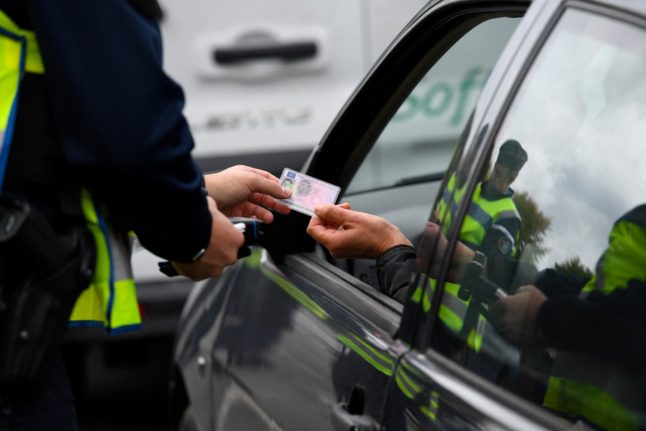Some analysts have suggested that the pound and the euro will eventually reach parity.
 The past week of Euro per 1 GBP. Photo: XE.com
The past week of Euro per 1 GBP. Photo: XE.comAnd any Brits in the UK who have been planning to escape to France and buy a dream home in the country may have to rethink their plans, as finance experts told The Local soon after the Leave vote came through.



 Please whitelist us to continue reading.
Please whitelist us to continue reading.
Member comments